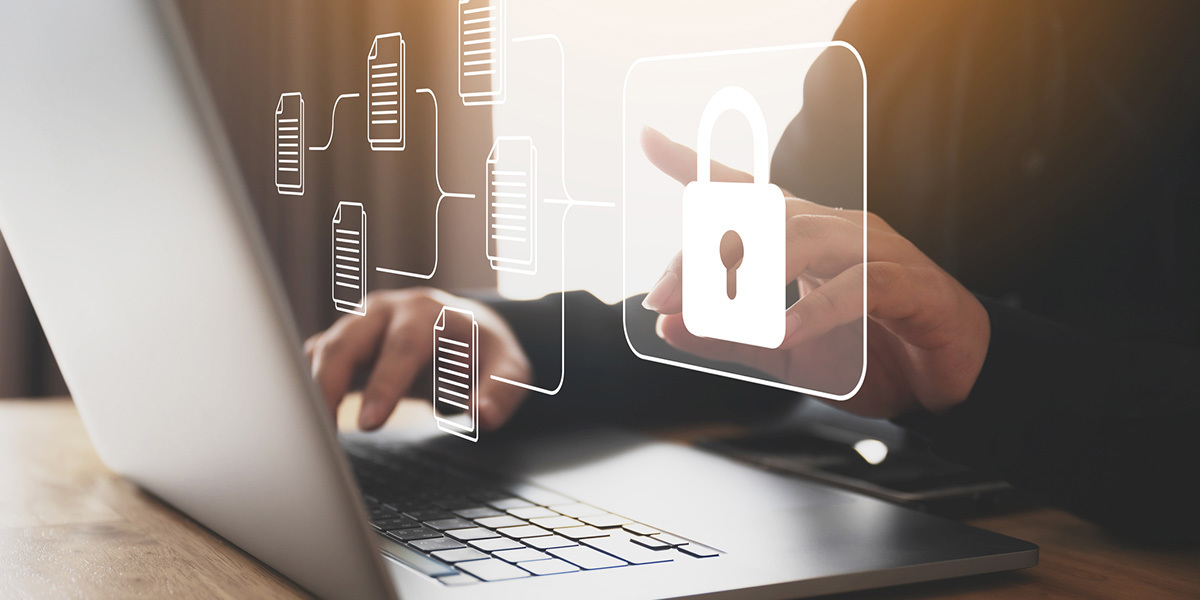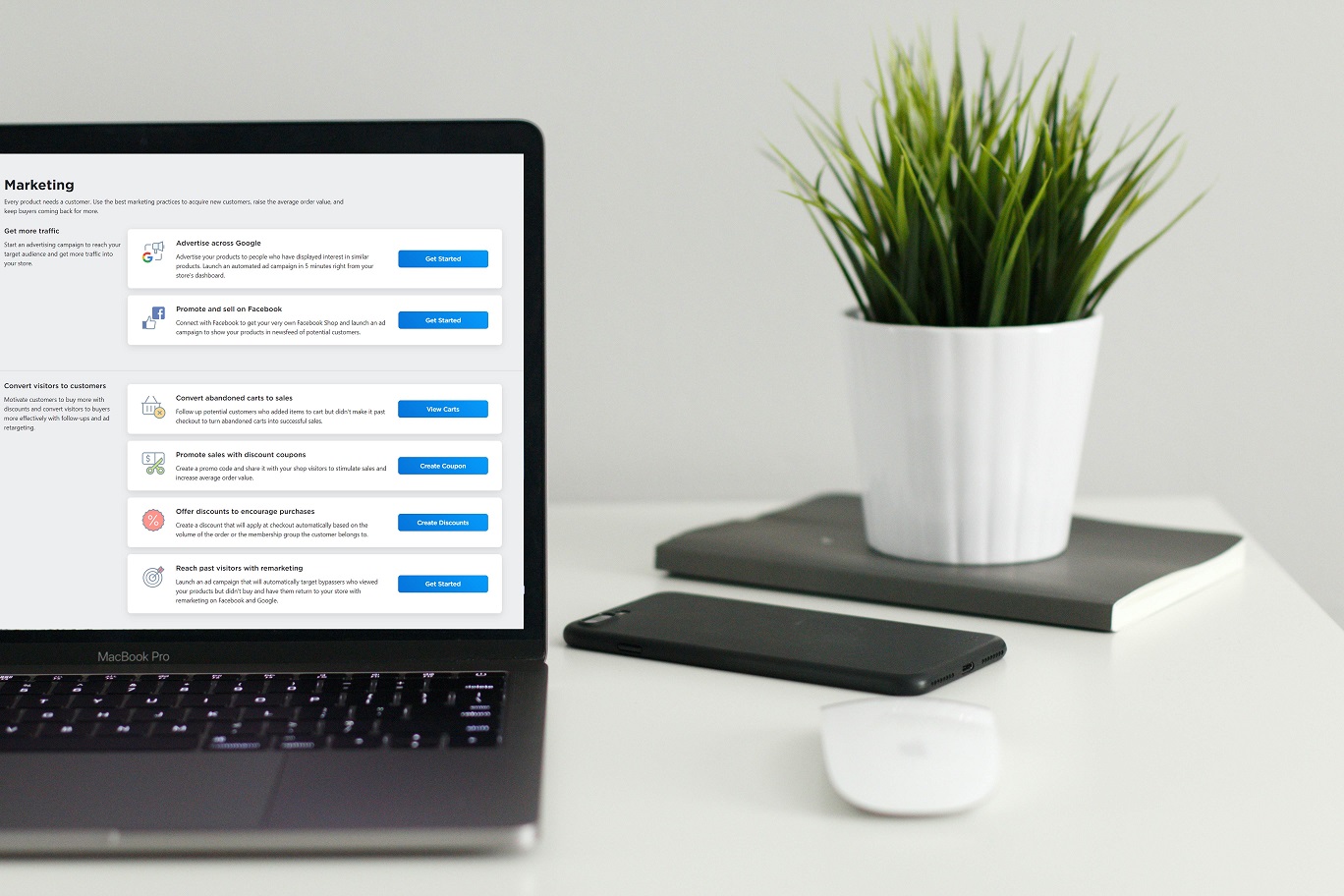
Small Business Can't Afford to Ignore Fraud Prevention
Proactive fraud prevention protects revenue, preserves customer trust and keeps payments secure without adding friction to the checkout process.

Running an ecommerce business comes with its own set of challenges, and one of the most significant is protecting your website from fraud and hacking. As cyber threats continue to evolve, you must prioritize security measures to safeguard your customers' data and maintain the integrity of your business.
Here are 8 tips to protect your ecommerce site against fraud and hacking, ensuring a safe and secure online experience for your customers.
Start by selecting a reputable and secure ecommerce platform that prioritizes robust security features. Look for platforms with built-in encryption, SSL (Secure Sockets Layer) certificates, and fraud detection tools to help protect your website and customer data from unauthorized access.
Enhance the security of your ecommerce site by implementing two-factor authentication (2FA) for users logging into any portion of your site. 2FA adds an extra layer of protection by requiring users to provide two forms of verification, such as a password and a unique code sent to their mobile device, before accessing their online account. The added security goes a long way to prevent unwanted access to any important information your customers may share with you. It will enhance customers' trust, allowing them to feel confident entrusting you with their data.
Partner with trusted payment gateways like Moneris Online to process customer transactions securely. Secure payment gateways use encryption and tokenization to protect sensitive payment information, reducing the risk of data breaches and fraudulent transactions.
Regularly monitor your ecommerce site for any signs of suspicious activity, such as unusual login attempts or high-volume purchases. Depending on your technology stack, it’s recommended to implement automated alerts and leverage monitoring tools to quickly identify and respond to potential security threats in a timely manner.
Ensure that your ecommerce platform, plugins, and other software are regularly updated with the latest security updates. Software developers frequently release updates to strengthen defences against potential threats, so staying up to date is crucial for protecting your website.
Encourage users to create strong, unique passwords for their accounts and enforce password complexity requirements. Consider implementing password management tools to securely store and manage passwords and regularly encourage your users to update their passwords to reduce the risk of unauthorized access due to weak or compromised passwords.
Provide comprehensive training to your team members on cybersecurity best practices, including recognizing and responding to potential security threats. Educate them about the importance of safeguarding sensitive data and following security protocols to minimize the risk of human error and insider threats.
Stay informed about the latest cybersecurity threats and trends affecting ecommerce businesses and adapt your security strategy accordingly. Continuously monitor industry news, security advisories, and updates from trusted sources to stay one step ahead of cybercriminals.
Protecting your ecommerce site from fraud and hacking requires a proactive and multi-layered approach. Investing in cybersecurity is an investment in the trust and confidence of your customers and the long-term success of your online store.
To build a secure website, get started with Moneris Online today!

Proactive fraud prevention protects revenue, preserves customer trust and keeps payments secure without adding friction to the checkout process.

Fraud prevention protects your revenue and builds customer trust, giving you confidence to grow your online store without worry.

While an optimized ecommerce store is essential for selling your products, you still need a good marketing plan to get your online business off the ground.

How to Sell Online is your comprehensive guide for ecommerce success. From website setup and product photography to SEO strategies, learn actionable tips to sell online and grow your business.